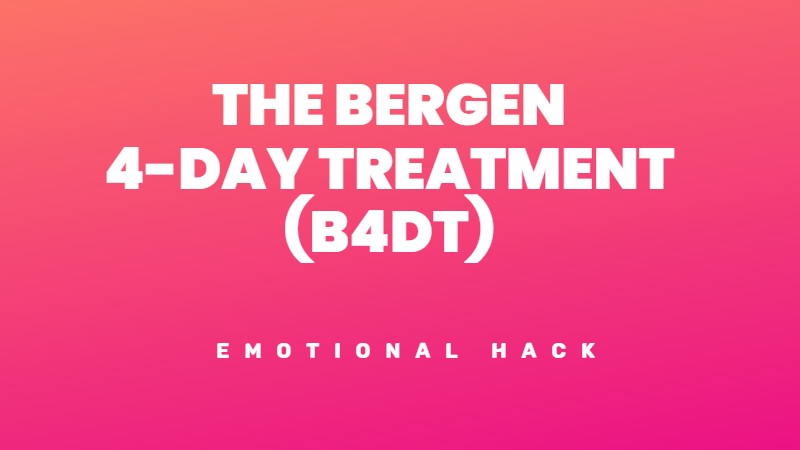What do the most innovative thinkers and leaders throughout history have in common? Einstein formulating his theory of relativity. Mozart composing his immortal symphonies. Gandhi contemplating nonviolent resistance.
An private space for quiet reflections.
These iconic figures understood what modern research now confirms. Our minds need quiet and space to create new connections and solve complex problems. Constant stimulation and busyness stifle our creative impulses and keep us perpetually skimming the surface of our intellectual and emotional depths.
We can create the same by finding and tending to our own creative “gardens” – those places that give us silence and introspection. By stepping away from the crowd and the noise, we can access our most powerful selves.
Grow your creativity and productivity in your garden
Business magnate John D. Rockefeller cherished the time he spent in his lush gardens at his Ohio and New York estates in the early 1900s. Even with the crushing demands of running Standard Oil, Rockefeller carved out time each day to stroll among the plants and let his mind wander. He emerged refreshed, often with innovative solutions to thorny business problems.
While most of us don’t have acres of estate grounds, we can all access the potent mental benefits of cultivating our own metaphorical “gardens.” By gifting ourselves pockets of stillness, solitude, and unstructured thinking time, we sow the seeds for enhanced creativity, clarity, and calm.
Neuroscience and psychology research point to several key benefits with finding your own garden for stillness and solitude:
Finding your “garden”
How do you begin reaping the rewards of your garden? Follow these steps to make this powerful practice a regular habit:
You’ll soon spot the blooms in your work and life by tending to your garden regularly. Perhaps a creative solution to a work challenge will come to you during a session. Or you’ll notice yourself responding more calmly to a stressful situation. The cumulative effect of your practice will be a more focused, innovative, and resilient you.
Cultivating your “garden” is a radical act of self-care. By gifting yourself this time to disconnect, reset, and let your thoughts roam free, you’ll find your most inspired ideas and your centred self waiting.




Gi tilbakemelding om dette